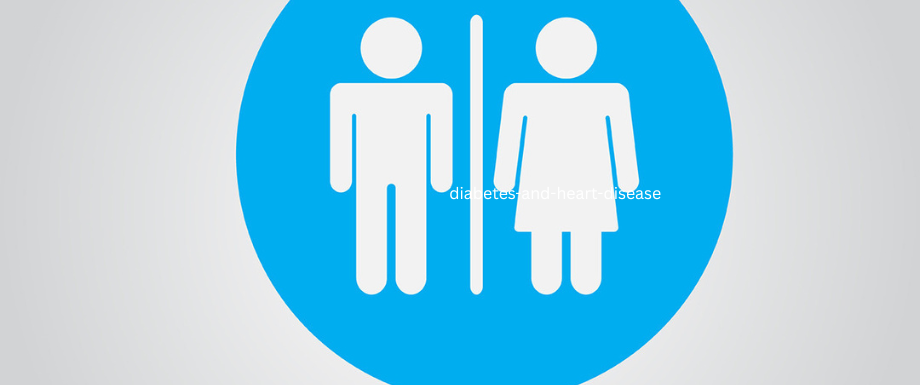It causes sleep disturbances, it irritates you, and is a gross nuisance. Frequent urination or polyuria is a condition where a person feels an increased urge to urinate frequently. In fact, this condition might actually be one of the symptoms of diabetes.
On a rainy day, you might have to go to the toilet frequently. Does that mean that you have type 2 diabetes symptoms? The frequency of urination differs from person to person and is dependent on numerous factors; however, if you have other diabetes symptoms like increased thirst, and fatigue, you might have to consult a doctor.
While how often should you pee might not be the fundamental concern to you, it does indicate something about you and your health. Most people with diabetes have increased frequency. Let’s find out why.
Normal Urinary Frequency
Normal urinary frequency is the number of times a healthy person needs to urinate. Roughly, a person consuming two liters of fluid daily is supposed to have an overactive bladder if he/she has to go the toilet more than seven times.
|
Underlying conditions that lead to frequent urination
Conditions like bladder dysfunction, stroke, prostate infection, kidney infection, and others can cause polyuria. However, it is a known fact that increased urination is one among the major symptoms of high blood sugar.
Why does diabetes lead to increased urination
Also called diabetic bladder, increased urination among diabetics is an irritation for many yet is one of least spoken issues. This increased urinary frequency is associated with hyperactive detrusor muscles as a result of nerve damage.
The kidney contains around million nephrons whose job is to filter the blood of impurities. During the process of filtration, it is common in a healthy nephron to reabsorb glucose and other essential components.
In diabetics, since there is already excess glucose in the blood, the process of reabsorption cannot happen effectively as the glucose exceeds the capacity of reabsorption. This results in the presence of glucose in the urine.
Since glucose is an osmolyte (a substance that induces water to follow it), there are more fluids following it causing more urination.
This property of glucose (being an osmolyte) is responsible for many other complications of diabetes like diabetic ketoacidosis. In fact, it is because of this that the symptoms of diabetes manifest in the form of excessive urination, thirst and hunger.
For diabetics who experience polyuria, it is very important to maintain a robust glycemic control with medication and diet. If your polyuria does not respond despite conservative management, it is important to consult a diabetologist immediately.
